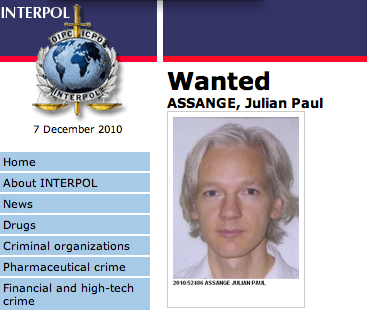This article was published on Comment is Free
Police warnings that anyone attempting to burn a union flag during the royal wedding next week will be arrested are part of a worrying drift towards a legally sanctioned fetishisation of symbols both religious and secular in Britain. The warning came following an application by the far-right Islamist group Muslims Against Crusades (an offshoot of the outlawed al-Muhajiroun) to protest near Westminster Abbey on 29 April.
Earlier this week, Andrew Ryan, an English Defence league member with a history of public order offences, including racial chanting, was sentenced to 70 days in prison for burning a Qu’ran (he also received a 30-day sentence, to be served concurrently, for stealing the book from a local library).
The symbolic burning of books is wrong. The imprisonment of English Defence League member Andrew Ryan for burning a copy of the Qur’an is wrong. These two sentences are not contradictory.
In January, Ryan stole a Qur’an from a Carlisle library (that is definitely wrong, by the way), took it to Carlisle town hall and set fire to it with a cigarette lighter, while shouting derogatory slogans about Islam. It was, district judge Gerald Chalk commented when sentencing Ryan, “an act of theatrical bigotry”.
This is true: but does it amount to racially aggravated harassment, for which Ryan was convicted?
One could claim so if Ryan had taken his one-man protest to a local mosque, or Islamic cultural centre, or actively sought Muslims in the area. But he went to the town hall. So it’s difficult to see who exactly he was harassing. “Harassment” suggests targeted action.
He could, perhaps, have been convicted instead under section 5 of the Public Order Act, which is the law that did for al-Muhajiroun member Emdadur Choudhury, fined £50 for burning poppies on Armistice Day. That law itself is deeply insidious in its vagueness, and has been used several times in the arrest of street preachers putting forward conservative Christian views on homosexuality.
It’s worth mentioning Choudhury’s paltry fine, because that is certainly what Ryan’s supporters in the English Defence League will do. Why is it that one act of theatrical bigotry merits a fine, and another a 70-day jail sentence? Why does the desecration of a symbol of national mourning merit less punishment than the desecration of a religious text? While judges’ decisions are independent, this will only add to the EDL and its supporters notion that there really is “one law for them … “.
The English Defence League will be keen to portray Andrew Ryan as a martyr. They now have their very own shahid, persecuted for his beliefs by the deadly combination of Islamists and an establishment all too keen to capitulate.
So here, then, we have a practical argument against both these convictions: when we privilege certain types of speech, we create grievance. When we privilege in law certain ideas, we create resentment against people who hold those ideas. We see this in every impotent rage against “political correctness”; every indignant howl on the protection of religion and believers. The social cohesion argument that underpins so many government and police curbs on free expression does not really seem to be working.
Choudhury and Ryan were both convicted for actions that some might find upsetting. Their convictions legitimise and deepen the culture of taking offence that will not be resolved unless we begin to accept that free speech is not always easy to defend, but vital if this not to become an island of seething, hidden resentments masquerading as a coherent nation. More jaw-jaw, less law-law?

